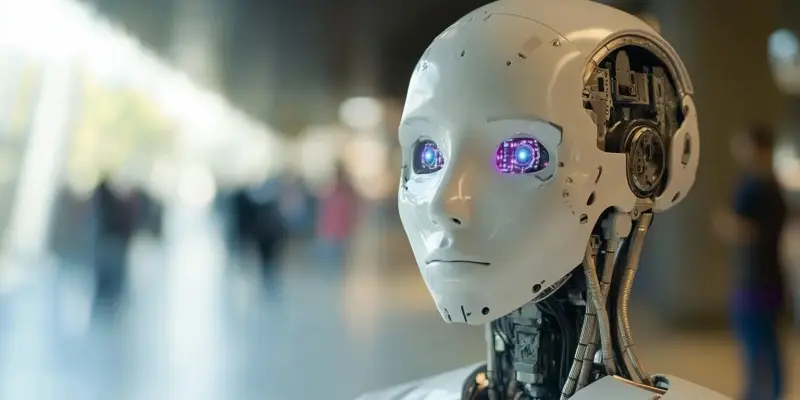OpenAI is spearheading a paradigm shift in the robotics sector with a renewed and vigorous emphasis on developing robots that boast human-like intelligence. These next-generation robots, unlike traditional mechanical devices, are designed to think autonomously, perceive their environment, and execute actions with a level of sophistication that closely mimics human behavior. Under the astute leadership of Caitlin Kalinowski, OpenAI’s robotics division is pushing the envelope by integrating advanced sensors and artificial intelligence into their machines. There is a growing excitement around the possibility of OpenAI venturing into the development of humanoid robots, spurred by their ongoing experiments with robotic appendages that replicate human muscle movements. This surge of activity in the robotics industry is being buoyed by substantial investments and emerging market trends that underscore the timeliness of OpenAI’s foray into this space.
Transforming Industries through Intelligent Robotics
OpenAI’s long-term vision includes integrating specialized hardware with advanced AI, aiming to secure a strong foothold in the robotics sector. This move is strategic, aiming to make a significant impact, push innovation, and set industry standards. Collaborations with design icons like Jony Ive suggest major creative and technical strides in upcoming robots. OpenAI’s initiative points to a future where powerful AI and advanced robotics could revolutionize various fields. From car manufacturing to biotechnology, there’s a consensus that intelligent robots will become essential, improving efficiency and transforming how industries operate.
This ambitious effort marks a significant shift in industrial dynamics, driven by smart machines capable of performing intricate tasks with exceptional accuracy. By leveraging AI’s capabilities, OpenAI envisions robots that will not just automate but also enhance human abilities. The goal of combining human-like intelligence within robots transcends engineering; it’s a visionary step towards redefining productivity and innovation. As OpenAI continues to innovate, the company promises a new era of technology where intelligent robots transform industries, bringing unprecedented efficiency, creativity, and precision.

